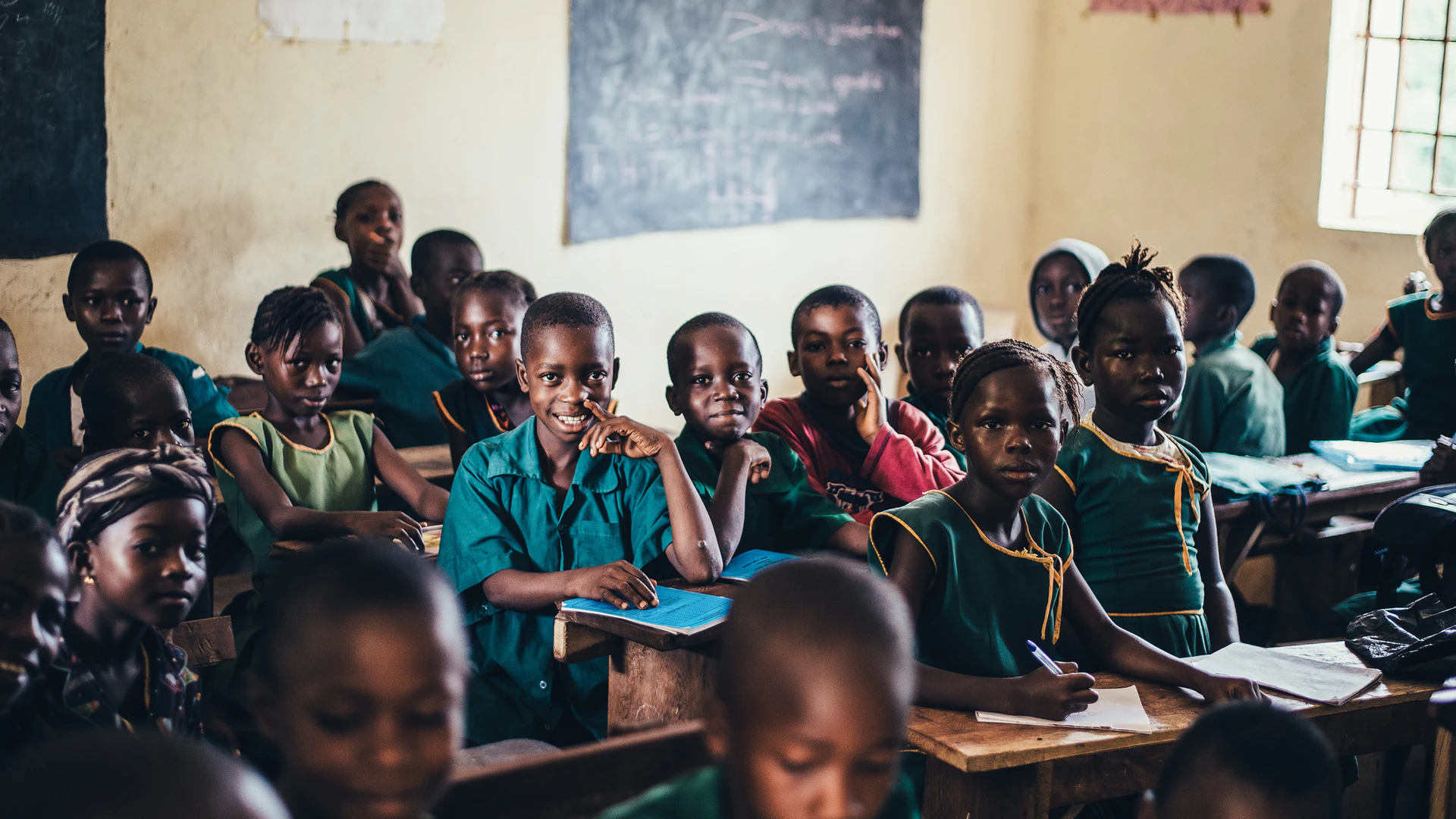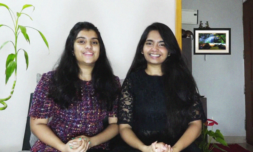This year’s efforts to raise money at the GES for educational services across the world were impressive. Could new funding improve equality for Africa’s educational facilities?
The 2021 Global Education Summit, co-hosted by the UK Prime Minister Boris Johnson and Kenyan President Uhuru Kenyatta in London on 28th – 29th July, raised a record $4 billion from donors for the Global Partnership for Education (GPE).
GPE’s target was to raise at least $5 billion over the next five years (2021-2025) in transforming education for millions of the world’s most vulnerable school going children.
If it reaches full funding, Global Partnership for Education would help up to 175 million children and place approximately 88 million more girls and boys in school by 2025.
Grappling with huge disparities in education
Sub-Saharan Africa has the highest rates of education exclusion despite efforts to have basic education accessible to all children.
According to UNESCO, over one-fifth of children between the ages of 6 and 11 are out of school, followed by one-third of youth between the ages of 12 and 14.
Most of Africa’s education and training programs suffer from low-quality teaching and learning, as well as inequalities and exclusion at all levels. Even with a substantial increase in the number of children with access to basic education, a large number still remain out of school.
Despite the successes in primary school enrolment, inequalities and inefficiencies remain in this critical sector.
According to the African Union, subsectors such as preprimary, technical, vocational, and informal education are underdeveloped, making it difficult for young individuals to acquire proper schooling.
In addition, more girls than boys drop out of school before completing secondary or tertiary education, evidence to suggest that sexist biases still remain within the system.




















